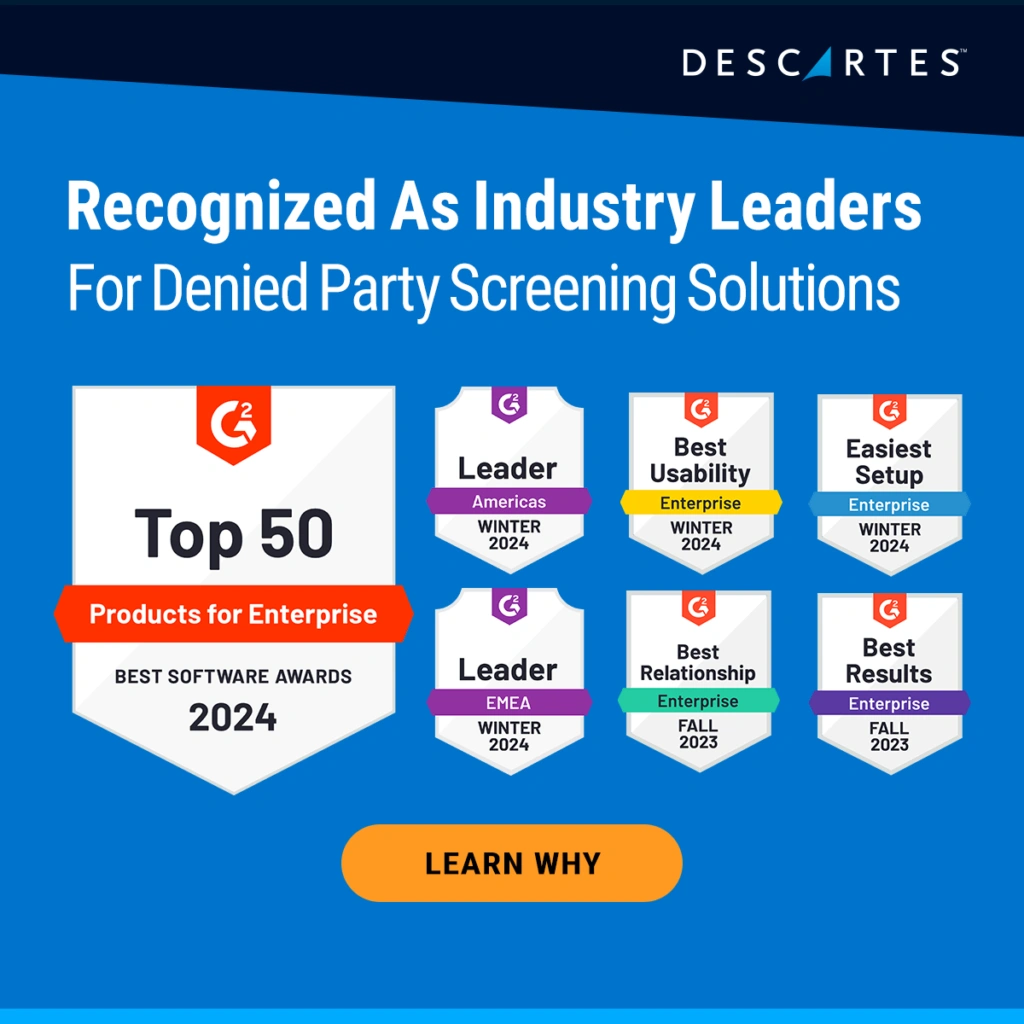By now, you have probably heard about Hobby Lobby, and their purchase of ancient Mesopotamian artifacts, deemed to have been imported into the U.S. illegally[i].
Hobby Lobby was fined $3 million, and had to surrender the antiquities in question, for a cumulative loss of almost $5 million.[ii] There are a lot of takeaways from the Hobby Lobby case—there is so much to be said about international trade compliance alone—but it also serves as a pertinent reminder of the importance of adverse media, and its consequences on your business.
“Adverse media” is probably a term you have heard previously—but you may be unclear on the full meaning and implication of it. What is adverse media? At its simplest, it is exactly what the name suggests it is—negative media coverage.
You don’t need us to tell you that you don’t want negative media coverage for yourself or your business—but there is far more to the adverse media equation than meets the eye. For instance, common PR sense dictates that you don’t want your business to be seen and associated with another that has garnered and accumulated bad press for itself. If your company is seen working or transacting with a company known for its poor environmental track record, or its poor affirmative action policies, or its poor treatment of employees, and so on, then you generate a lot of controversy and negative attention.
From a compliance perspective, too, adverse media is an important, if often overlooked, component. Adverse media “lists” are not formal databases kept and maintained by the government, unlike, say, OFAC lists. They are instead an informal collection of corporations and entities about whom there has been negative buzz and chatter in the press, with the names having been analyzed and parsed from thousands of news sources around the world. As a result, it is not illegal to transact or conduct business with a company on an adverse media database simply by virtue of them being on it—however, doing so can significantly increase the risk of you engaging in business with a corporation potentially involved in illegal dealings.
Returning to the Hobby Lobby example, would you risk your company’s compliance track record by purchasing anything from them anymore? After all, in context of the established precedence, is there any guarantee that their merchandise wouldn’t potentially be in violation of export and import compliance laws? You could be opening yourself up to civil, administrative, and criminal penalties later, just in case you were complicit in transacting for non-compliant goods.
Adverse media, then, can act as a good indicator of “where there is smoke, there is fire;” every business will probably go on to generate some negative press at some point or the other. Having negative news reports in and of itself mean nothing. Adverse media, however, tracks the volume or trend of media coverage for an entity—and if there is persistent, or an overwhelming amount of, negative coverage for a business, then that should be an indication that something might be fishy there. And if that is so, even if they have managed to stay legally in the clear so far, there can be no guarantee of that remaining the case forever—and would you want to be caught in the fallout if and when that does end up happening?
Indeed, in Hobby Lobby’s case, we are already seeing this happen to some degree. The artifacts in question were smuggled into the country for their Museum of the Bible, which, while sharing some management with Hobby Lobby, is otherwise an independent entity. And yet, the possibility that other exhibits in the museum may potentially be smuggled or illicitly obtained as well is now leading to a lot of academics considering rejecting the museum as a basis for their studies and research.[iii]
So what are the takeaways from this? Apart from the obvious “don’t do illegal things that generate adverse media for your business,” there is the flip side of screening for adverse media being important. Adverse media screening is in fact increasingly becoming an important part of modern screening and compliance programs, and as a business, you must weigh the potential risk of you transacting with a company that could be complicit in violations and illegal activity against the high costs of most adverse media solutions and programs. By having such a solution in place, you minimize the possibility of being caught on the wrong side of the law, and of a PR disaster, especially when dealing with international business partners with whom you may not be all that familiar. You might think that a web search can be enough of a substitute for a proper adverse media solution—but while that can be good to get a quick first impression of how things stand, as mentioned before, negative coverage exists for everything, and separating the actual news trends over time, and volume, from the sheer amount of white noise requires a proper, trained, guided hand.
Finally, just remember to exercise common sense and caution—and remember, if it looks like a fish and smells like a fish, well, then something’s probably fishy about it.
[i] Hobby Lobby Purchased Thousands Of Ancient Artifacts Outside of Iraq. The Atlantic, July 5, 2017. (https://www.theatlantic.com/politics/archive/2017/07/hobby-lobby-smuggled-thousands-of-ancient-artifacts-out-of-iraq/532743/). Retrieved July 10, 2017
[ii] The Hobby Lobby Case Shows Why Smuggling Ancient Artifacts Is Hugely Profitable. TIME Money. July 6, 2017. (https://time.com/money/4847701/hobby-lobby-ancient-artifacts-iraq/). Retrieved July 10, 2017.
[iii] Hobby Lobby’s $3 Million Smuggling Case Casts A Cloud Over The Museum of the Bible. Chron. July 10, 2017. (https://www.chron.com/life/houston-belief/article/Hobby-Lobby-s-3-million-smuggling-case-casts-a-11275039.php). Accessed July 13, 2017.


